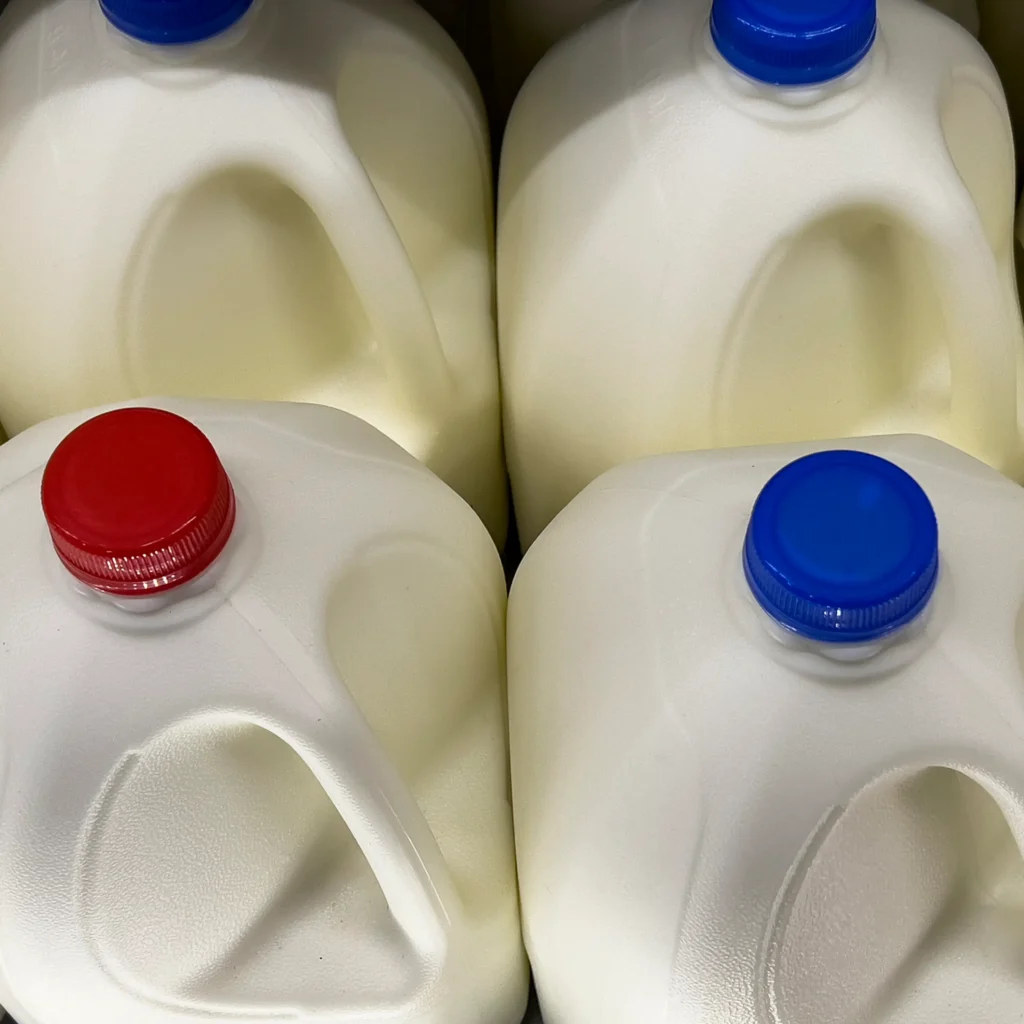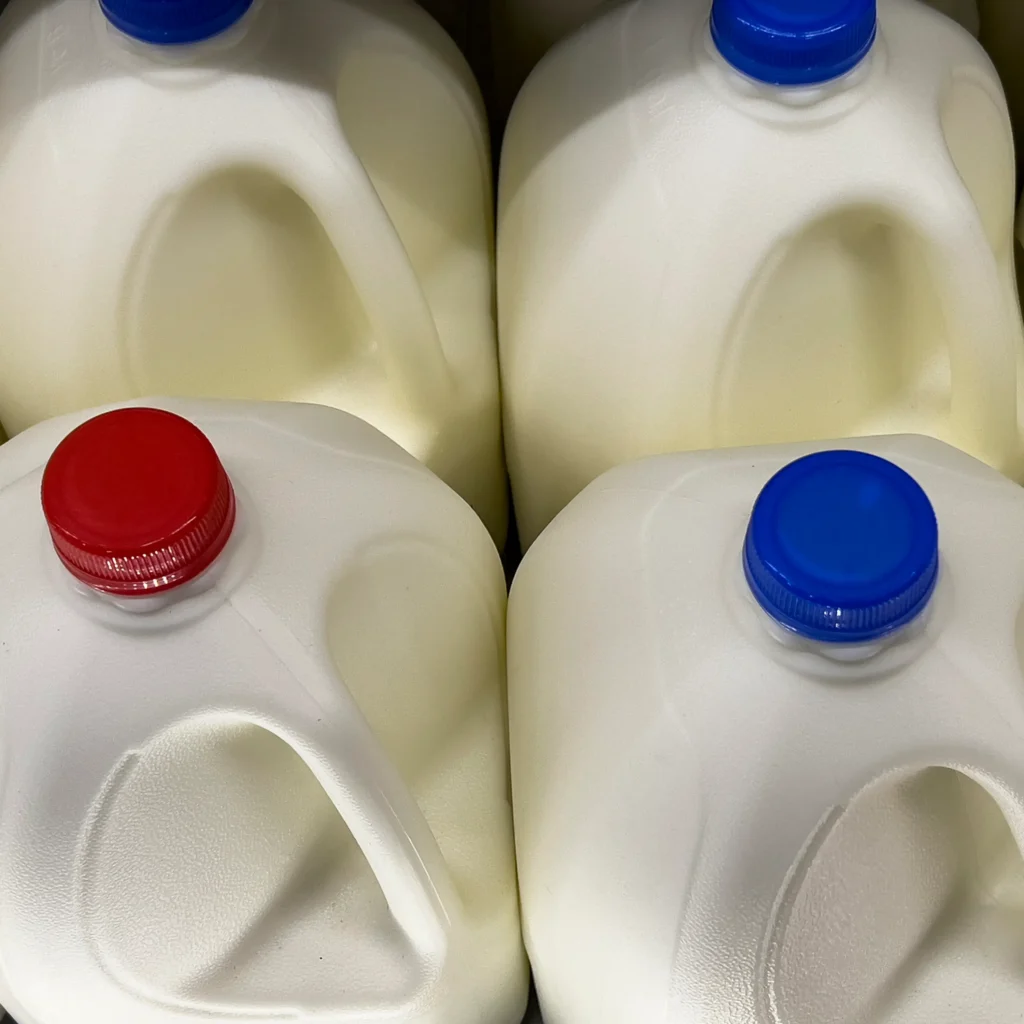The Chicago City Council has banned bisphenol-A, a chemical that strengthens plastics, from food and beverage containers intended for use by children under three years old.
The Connecticut state legislature followed Chicago’s lead by approving legislation banning the component from plastic containers used by children and babies. Connecticut Gov. Jodi Rell (R) signed the bill into law on June 4.
The chemical known as BPA, widely used in baby bottles, has never been shown to endanger human health, but it has affected laboratory rats fed extremely high doses.
FDA Clears BPA
The U.S. Food and Drug Administration reports BPA is safe for current uses in products aimed at children and adults. The chemical’s opponents, however, contend children and infants might experience health harms if enough BPA were to leach out of food and beverage containers.
The FDA reexamined the safety of BPA as recently as 2008 and found no significant health hazards.
Opponents Persisting
On June 2, House Energy and Commerce Committee Chairman Henry A. Waxman (D-CA) and Oversight and Investigations Subcommittee Chairman Bart Stupak (D-MI) sent a letter to FDA Commissioner Margaret Hamburg requesting yet another investigation of BPA.
“Last month, a study by the Harvard School of Public Health found that BPA concentrations increased by 69% in the urine of subjects who drank from plastic bottles containing BPA,” wrote Waxman and Stupak.
In the Harvard study, reported in Environmental Health Perspectives, 77 Harvard students spent a week drinking fluids primarily from polycarbonate bottles made with BPA. At the end of the week their urine contained 69 percent more BPA than the urine of subjects who did not drink primarily from polycarbonate bottles. All students’ BPA levels registered far below the limits prescribed in federal safety standards.
Trace Exposure No Hazard
The American Chemistry Council has studied BPA extensively and has consistently voiced its opposition to legislation banning it. The American Council on Science and Health points out trace levels of chemicals in human bodies do not necessarily cause harm.
“With today’s sophisticated chemistry, you can find anything in anything at minuscule levels,” stated ACSH Medical Director Dr. Gilbert Ross in a March 13 press release.
“This is an irrational issue … fueled by fear,” said ACSH President Dr. Elizabeth Whelan. “There is not one shred of evidence, not one, that BPA has ever posed a health hazard when it’s been used as it is. It has been used for over 60 years.”
Dr. John Dunn, an emergency room physician for Fort Hood, Texas and a member of ACSH, agreed, saying, “The risks for anyone from bisphenol, child or adult, are nonexistent.”
Legislators also seem to be overlooking the next important question, Whelan says. “These people are proposing a ban, but they’ve never raised a question on what might be taking BPA’s place, nor have they raised a safety profile on the substitute,” Whelan explained.
Alyssa Carducci ([email protected]) writes from Tampa, Florida.



